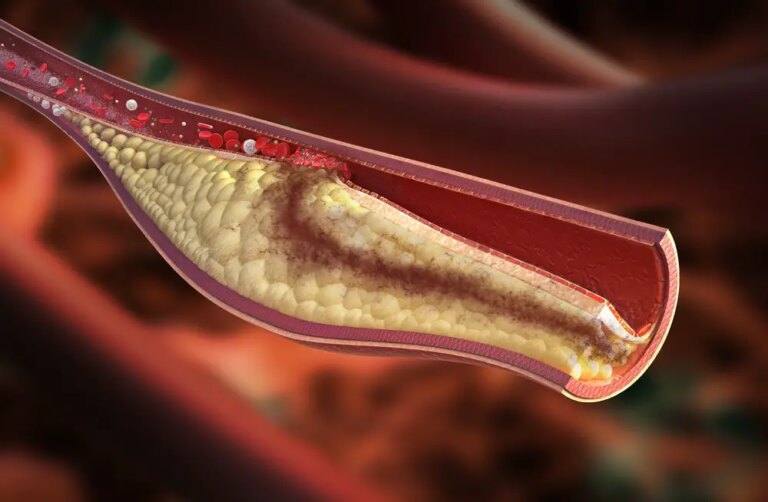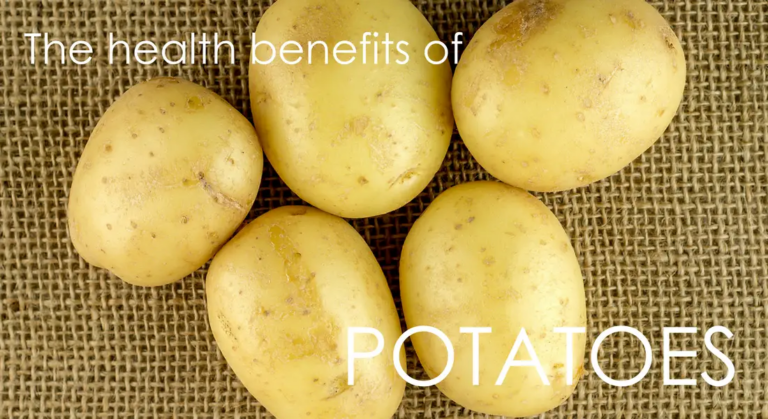Let’s talk about intermittent fasting since it’s been getting increasing attention lately from the medical community.
It’s exactly what it sounds like: interspersing extended periods of not eating in between regular meals. You don’t (necessarily) change what you eat or how much you eat at a meal. You just change when you eat.
This isn’t a diet; it’s a lifestyle change. That’s an important distinction. When you go on a diet, you eventually go off it and usually return to the old habits that made you overweight and less healthy in the first place. Lost weight returns, blood pressure goes back up, and so on. But when you make lasting changes to your behavior, the benefits of those changes can continue.
Possible Benefits of Intermittent Fasting
I say “possible” because a lot of evidence at this point is anecdotal. There have been supportive studies, but more are still needed.
And there are some issues. For example, there are different ways to go about intermittent fasting (more on that below), and many involve skipping breakfast. It’s been a long-held belief—one I subscribe to and tell my patients often—and well-supported by science, that breakfast is the most important meal of the day. You’ve heard it. So there are questions about which benefits outweigh the others. I’d venture a guess that the answer is different for different people, depending on physiology and personal needs.
It also flies in the face of some other tried-and-true advice, like that you should eat frequently to keep hunger at bay and avoid overeating. Or that it’s smart to avoid hunger to stay focused throughout the day. But these are only likely to be issues at first; gradually, your body should adjust to intermittent fasting and these drawbacks should settle down.
Let me preface the rest of this with: Please consult your physician before trying out intermittent fasting. Get the OK and some personalized advice before making a change like this.
According to some users of this type of eating schedule, here are the main benefits they’ve attributed to intermittent fasting:
- Reduced body fat
- Increased muscle mass
- More sustained energy
- Better insulin use and stabler blood sugar levels
- Healthier cholesterol levels
- Reduced inflammation through the body
- Reduced risk of heart disease, heart attack, and stroke
- Reduced risk of diabetes
- Reduced risk of certain cancers
- Improved concentration
- Boosted brain function
- Activating cellular repair processes
- Anti-aging effects and extended lifespan
About Intermittent Fasting and Using Body Fat for Fuel
A few words about why intermittent fasting can be so good for weight loss. Basically, your body uses nutrients from food as fuel for up to about 12 hours after you eat. Body fat is stored energy, but if you don’t go more than 12 hours without eating, your body doesn’t need to dip into those reserves much.
Of course, exercising increases energy usage. If you burn more calories than you consume, you start burning fat. But by pushing your body beyond 12 hours without food, you force it to burn fat stores to keep going. Some people believe doing this regularly trains your body to make more efficient use of fat on an ongoing basis.
Interestingly, some health experts think our bodies are designed to work on an intermittent fasting schedule. Back in the early hunter-gatherer days, sometimes people would eat, but sometimes they’d have to go for stretches of time without food.
Four Common Approaches to Intermittent Fasting
If you’re going to try it, several standard options exist. Pick one that works best for your lifestyle and schedule. Stick with it to give your body a chance to adjust and start experiencing some benefits.
You can have things without calories while fasting, like water, unsweetened tea, and unsweetened black coffee. Even no-calorie sweeteners are acceptable, but these are generally best kept to a minimum. During the non-fasting periods, just eat normally—but healthily!
Also, there’s plenty of flexibility for when you fast, but it’s important that you do it at consistent times. For example, if you choose a daily fasting window of 14 hours (as in number 2 below), the fast should start and end at the same time every day, whatever time you choose.
- Fast for 24 hours once per week. After you’ve done this for a few weeks, you can try upping it to twice a week if you want. Just put a few days between each fast. Alternatively, some people do this as a 36-hour weekly fast.
- Fast daily for 14 hours straight if you’re a woman or 16 hours straight if you’re a man. It’s easiest to do this overnight, splitting the time left over after sleeping between nighttime before bed and after you wake up. If possible, try to put more hours of fasting in the morning.
- Fast for 20 hours and eat two meals (and maybe even a snack) during the same 4-hour window each day. Try it one or two days a week, then consider adding on another day or two.
- Fast for two 24-hour periods each week. However, with this intermittent fasting routine (known as the 5:2, for the ratio of days eating to not eating) you’re allowed to consume up to 500 calories on fasting days.
Good Luck with Intermittent Fasting!
Once you’ve gotten the go-ahead from your doctor, give intermittent fasting a try. Have patience with it for at least a few weeks and see what happens. If you’re not feeling better, or if you’re feeling worse, stop. If you’re experiencing benefits, that’s great, keep it up!
Originally posted on www.jasonmd.com
Jason Littleton, MD
Jason Littleton, MD is a board-certified family physician offering convenient concierge healthcare. He emphasizes personal attention, prevention, and smart lifestyle choices for optimal health, wellness, energy, youthfulness, longevity, balance, and happiness. He encourages patients to eat nutritiously and focus on fitness, providing clear, practical, personalized guidance for doing so in our busy lives.
Dr. Littleton earned his MD from Michigan State University College of Human Medicine and a BS in Biology from the University of Michigan. In 2010, he received National Doctor’s Day Recognition from the Practitioner Excellence Committee for “compassionate and excellent care” of patients at St. Mary’s Hospital in Grand Rapids, MI. He also received the Resident Teacher Award as a family medicine resident. Today, Dr. Littleton serves patients in the Orlando area.
Additionally, Dr. Littleton is CEO of WellSpring Human Energetics, author of WellSpring: The Energy Secrets to Do the Good Life, an in-demand motivational health speaker, and frequent guest commentator on national television programs and in national print publications.
Learn more about Dr. Littleton at www.jasonmd.com
If you enjoyed this blog and would like to see more. Please subscribe to Dr. Nandi’s Health Hero Community & Newsletter by clicking HERE.






















